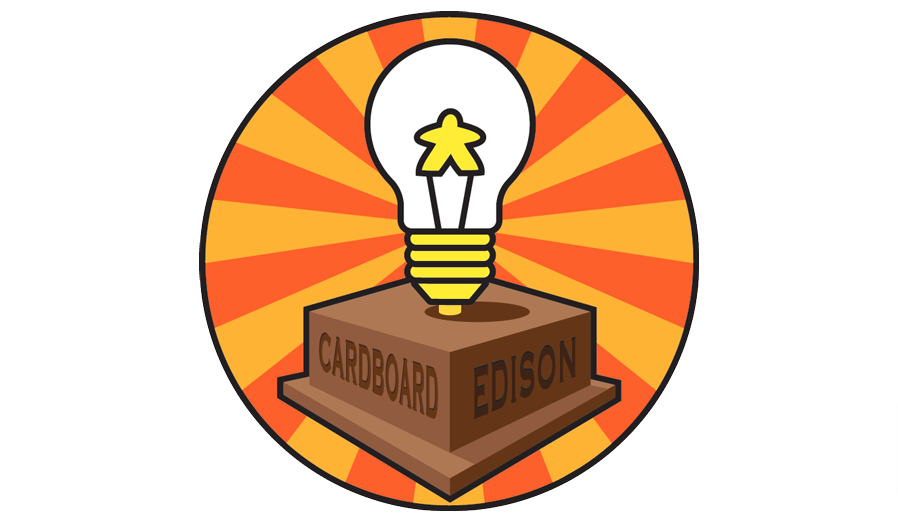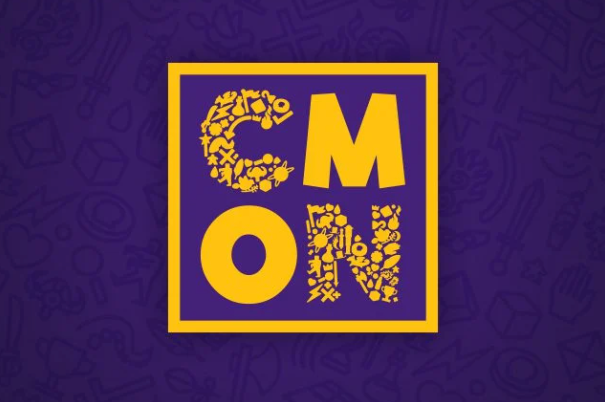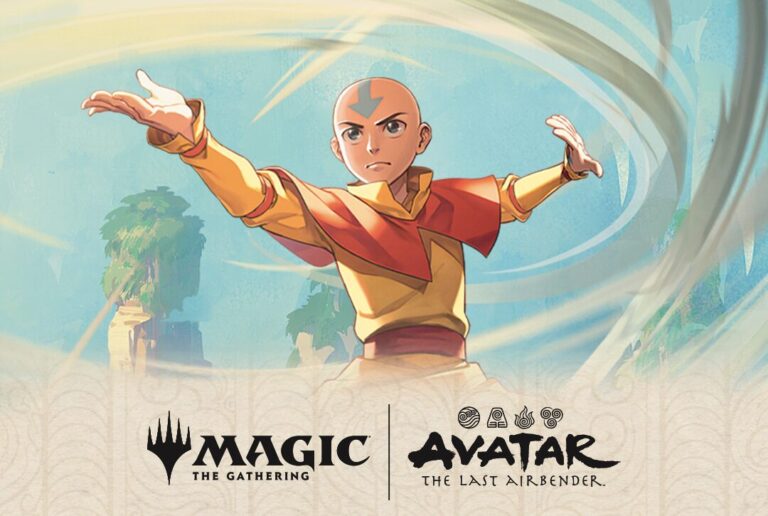
Cardboard Edison revamps award process after admitting judging ‘blind spot’ over last year’s colonialism-themed winner
The long-running Cardboard Edison Award, which aims to highlight the best in currently unpublished board games, is changing the judging process for this year’s competition after a backlash over last year’s colonisation-themed winner.
Cardboard Edison co-founders Suzanne and Chris Zinsli said it “became clear there was a blind spot in our judging process” after the response to last year’s winner Crowded Frontier, which is themed around the rush to colonise the American West.
Crowded Frontier designer Myles Wallace issued an apology several days after winning the award last May, saying he was “in no way” seeking to glorify America’s westward expansion at the expense of indigenous people, who despite the theming are not represented at all in the design.
The design tasks players with using worker placement, area control and resource management to outdo other pioneers travelling west to stake claims on “prime real estate”.
Wallace told BoardGameWire that he had made theme change a requirement as part of his contract negotiations for signing the game, which he said is current at the pre-contract stage with a couple of publishers.

Almost 60 board game industry professionals were part of the judging panel for the award last year – and Cardboard Edison has acknowledged that the group “failed to identify a troubling aspect of the winning game’s theme and flag it for the designer”.
Cardboard Edison said at the time of Wallace’s apology last year that it was already in discussions over how it could be more conscious of the gap in its judging criteria – and last month it revealed a string of changes it hopes will “catch potentially harmful aspects of games’ themes and notify designers about it—without discouraging them from responsibly tackling a tough theme, if that’s their goal”.
They include asking its existing judges to suggest additional people to broaden the judging pool, with the aim of bringing in a wider range of perspectives – as well as updating the guidance given to judges so they know to be mindful of potential theming issues when reviewing games for the award.
It added that it would also “review any concerns that were flagged earlier in the process and consult with the designer if needed to give them the opportunity to address any issues”, before it makes any public announcement of the winning games.
Cardboard Edison said, “Our goal is to weave these modifications into the entire process of the award, to make ground-up changes rather than just slapping on a single quick fix. And of course we expect to continue making changes to our process in the future whenever they’re needed.”
A statement posted to BlueSky by Cardboard Edison said, “Since we launched the Cardboard Edison Award 10 years ago, we’ve known that – aside from being chosen as a finalist or even the winner – many designers see one of the biggest benefits of entering the contest as getting comments from our panel of industry judges.
“As a result, we’ve always seen it as our job as judges to give designers insightful, honest, and helpful feedback. A crucial part of that is flagging any issues that would hold back a game with publishers or with the game-buying public.
“But after last year’s award and the response to it, it became clear there was a blind spot in our judging process. We failed to identify a troubling aspect of the winning game’s theme and flag it for the designer.
“And although the game is getting a retheme, it’s something we as judges should have noticed before it was announced to the public.”
Cardboard Edison added that it had become clear following conversations in the wake of last year’s award announcement that there was “a desire out there for more transparency about how the contest is run”, which it hopes will be addressed by its new Inside the Cardboard Edison Award article.
Growing competition
Submissions for the 2025 Cardboard Edison Award are open until January 31. Eligible designs must not be publicly available through retail, secondary or print-on-demand markets including Kickstarter before June of this year.
Crowded Frontier fought off competition from more than 330 other entries to win last year’s award against an increasingly crowded field, with the number of entries up more than 35% compared to 2023’s competition.
Fourteen finalists competed for the 2024 prize, with two runners-up awards going to Snowy Peaks, designed by Yuri Morroni & Gabriel Toschi, and Cart’nage, designed by Loïc Lamy.
Crowded Frontier designer Wallace was previously a runner-up in the 2023 Cardboard Edison Award with Swords Over Scotland, which sees players competing to unite Scottish clans in the 14th century via the combination of area control and bingo.
Previous winners have included Octopus Scramble, which was signed up by Sit Down!, Winter, which has been published by Devir, and Umbra Via, which has been published by Pandasaurus Games.
2023 champion Diatoms, in which players take on the role of Victorian naturalists growing microscopic mosaics from algae, went on to raise more than $63,000 from over 1,400 backers in a Kickstarter campaign last September.

Diatoms is now set for a US retail release from 25th Century Games in March this year.
Cardboard Edison was launched in 2012 as a board game design studio and hub, which has expanded from a well-read industry blog into a vast repository of information for board game designers.
The Cardboard Edison Award was launched by Suzanne Zinsli in 2016, with the help of fellow Cardboard Edison founder Chris Zinsli.







[…] Edison revealed last December that it was changing the judging process for this year’s competition after a backlash over last year’s colonisation-themed […]